Microsoft’s latest AI move will see it open up Azure AI Infrastructure for startups training LLMs
Opening up Azure AI Infrastructure will lower industry entry barriers for high-growth startups
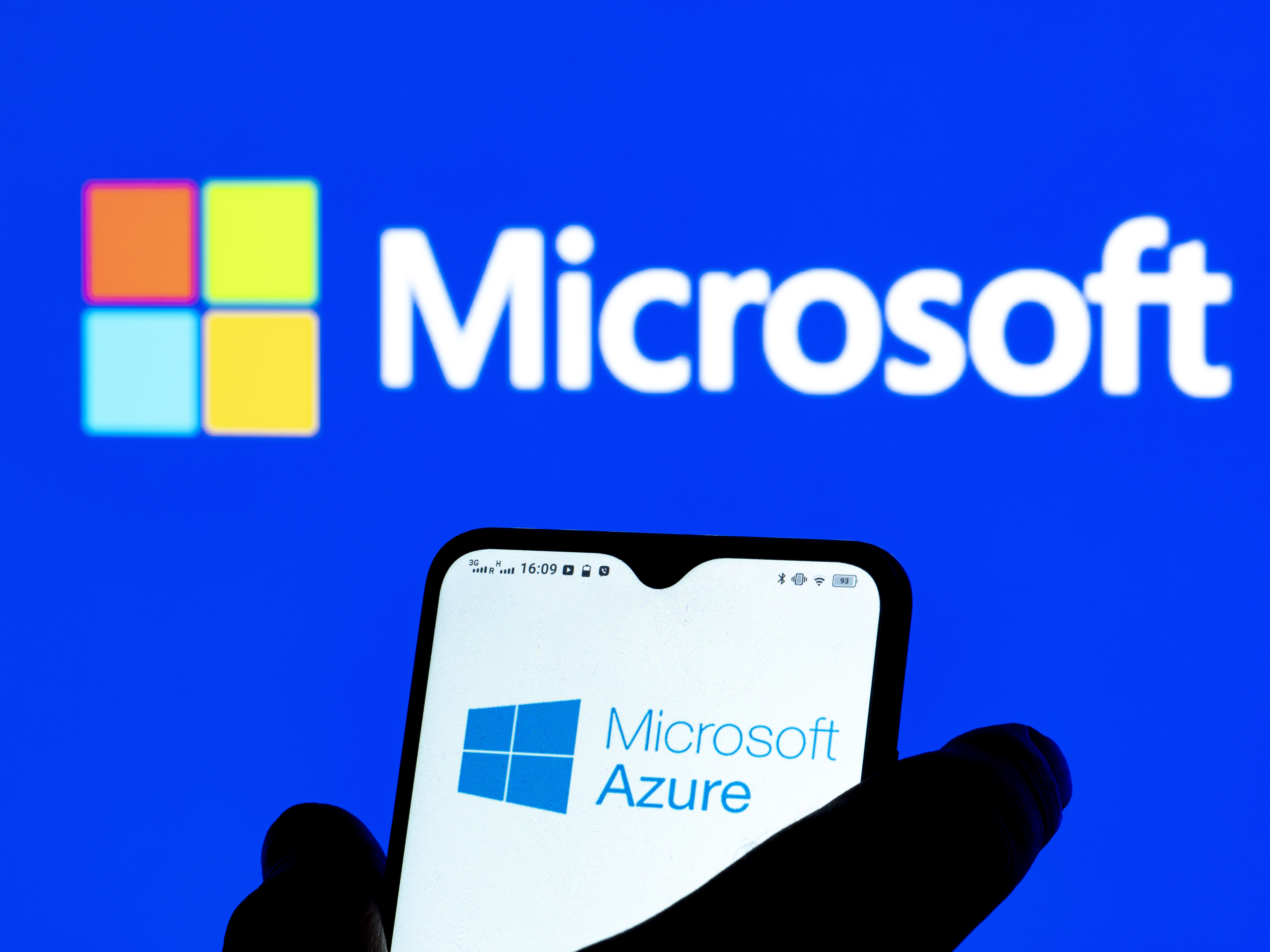

Microsoft has announced Y Combinator (YC) startups and those in its own incubator scheme will be given access to Azure AI Infrastructure options for high-end GPU virtual machine clusters.
The move is aimed at supporting high-growth startups to accelerate the training and development of large language models (LLMs) and deep learning models (DLMs).
Y Combinator startups will be the first to gain access following the update to Microsoft’s startup program. The firm said this will offer nascent businesses the “technical resources they need to quickly prototype and bring to market cutting-edge AI innovations”.
“Y Combinator (YC) and its community of startup innovators will be the first to access this offering in private preview to a limited cohort,” said Charlotte Yarkoni, Microsoft’s president of commerce and ecosystems for cloud and AI.
“Microsoft Azure offers cloud-based scalable AI infrastructure, built for and with the world’s most sophisticated AI workloads, from delivering the largest and most complex AI models including GPT-4 and ChatGPT through Azure OpenAI Service to developers to infuse AI capabilities into many apps.”
In addition to this, startups will also be granted access to features and tools through Azure Machine Learning. The platform enables both low-code and code-based training of custom models, as well as the ability to fine tune frontier and open source models.
Michael Seibel, managing director of Y Combinator, said the move comes in direct response to the increasingly large infrastructure requirements placed on firms training AI models.
Get the ITPro daily newsletter
Sign up today and you will receive a free copy of our Future Focus 2025 report - the leading guidance on AI, cybersecurity and other IT challenges as per 700+ senior executives
“With the overwhelming infrastructure requirements needed to do AI at scale, we believe that providing startups with high-performance capabilities tailored for demanding AI workloads will empower our startups to ship faster,” he said.
Startups in Microsoft’s M12 venture fund will also be given access to dedicated supercomputing resources under the plans.
Yarkoni said the long-term goal is to enable a broader variety of startups to access high-performance infrastructure and accelerate development.
“Over time, our vision is to partner with additional startup investors and accelerators, with a goal of working with the ecosystem to lower the barrier to training and running AI models for any promising startup,” she said
Startup ecosystem engagement
Tech giants such as Microsoft, Google, and AWS have developed ever closer relationships with high-growth startups specializing in AI in recent months.
Google and AWS, for example, have pledged billions of dollars in support for Anthropic in a bid to draw upon the firm’s expertise and foundation models.
Microsoft’s relationship with OpenAI has seen it invest around $10 billion dollars so far. This close relationship has resulted in a slew of product innovations and the integration of generative AI tools across all of Microsoft’s core services.
With this latest move, Microsoft appears intent on drawing on the capabilities of high-growth AI startups and bringing them under the umbrella of its own cloud infrastructure.
RELATED RESOURCE

Learn about a scalable resource that can manage all of your organization’s data
DOWNLOAD NOW
Yarkoni said collaboration with startups that are “leading innovation” in the AI space will be critical to ensuring long-term success.
A recent survey from KPMG found that 75% of US-based CEOs believe generative AI is now a top investment priority.
83% of respondents also said they anticipate an increase in generative AI investment by more than 50% over the next year.
“For startups, this represents a once-in-a-generation opportunity to bring groundbreaking impact to a market hungry for change,” Yarkoni said.

Ross Kelly is ITPro's News & Analysis Editor, responsible for leading the brand's news output and in-depth reporting on the latest stories from across the business technology landscape. Ross was previously a Staff Writer, during which time he developed a keen interest in cyber security, business leadership, and emerging technologies.
He graduated from Edinburgh Napier University in 2016 with a BA (Hons) in Journalism, and joined ITPro in 2022 after four years working in technology conference research.
For news pitches, you can contact Ross at ross.kelly@futurenet.com, or on Twitter and LinkedIn.
-
 Bigger salaries, more burnout: Is the CISO role in crisis?
Bigger salaries, more burnout: Is the CISO role in crisis?In-depth CISOs are more stressed than ever before – but why is this and what can be done?
By Kate O'Flaherty Published
-
 Cheap cyber crime kits can be bought on the dark web for less than $25
Cheap cyber crime kits can be bought on the dark web for less than $25News Research from NordVPN shows phishing kits are now widely available on the dark web and via messaging apps like Telegram, and are often selling for less than $25.
By Emma Woollacott Published
-
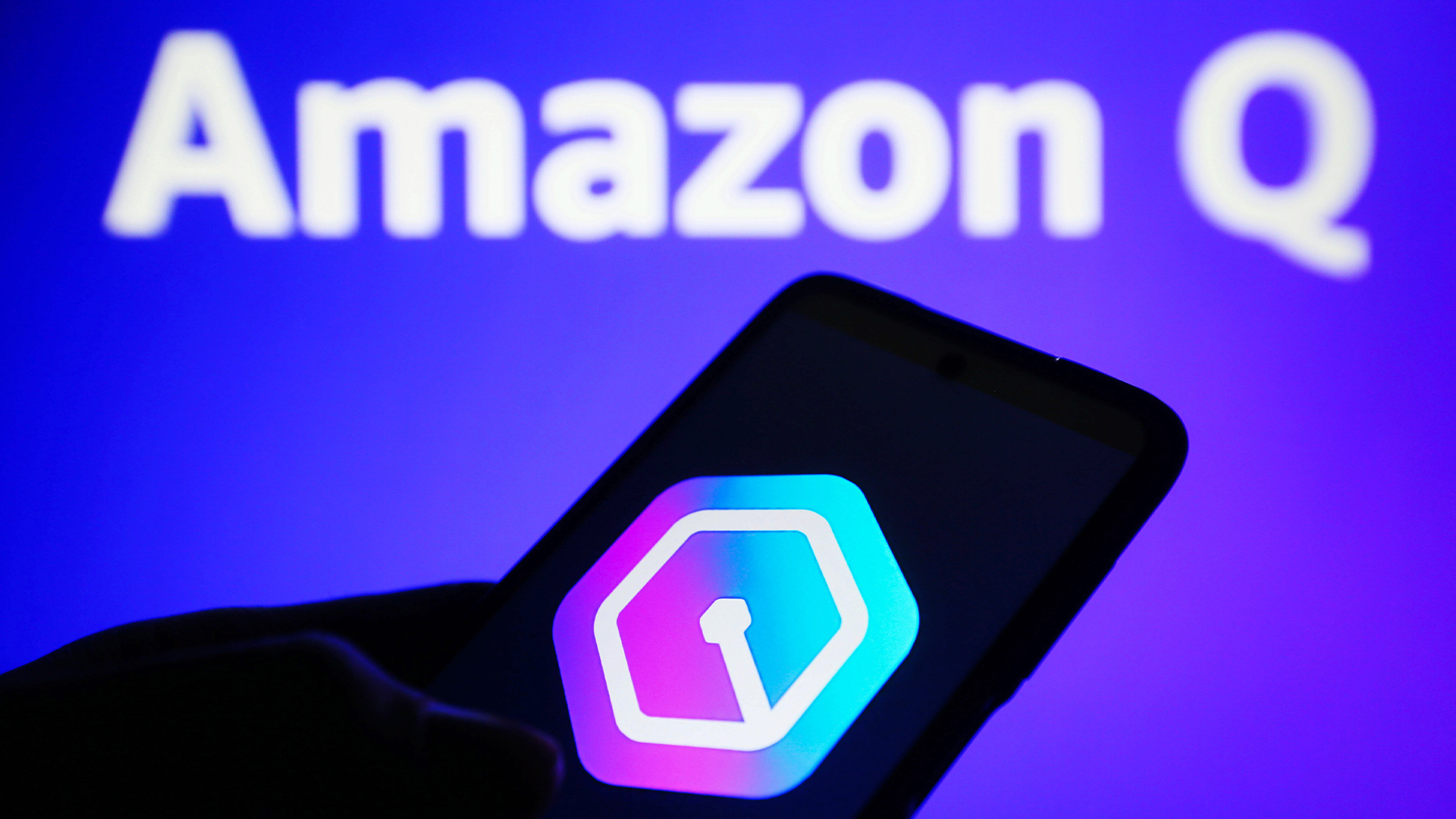 'Customers have been begging us to launch': AWS just rolled out Amazon Q Business in Europe – and it includes new data residency features
'Customers have been begging us to launch': AWS just rolled out Amazon Q Business in Europe – and it includes new data residency featuresNews AWS has announced the availability of its Amazon Q Business platform in Europe in a move sure to please sovereignty-conscious customers.
By George Fitzmaurice Published
-
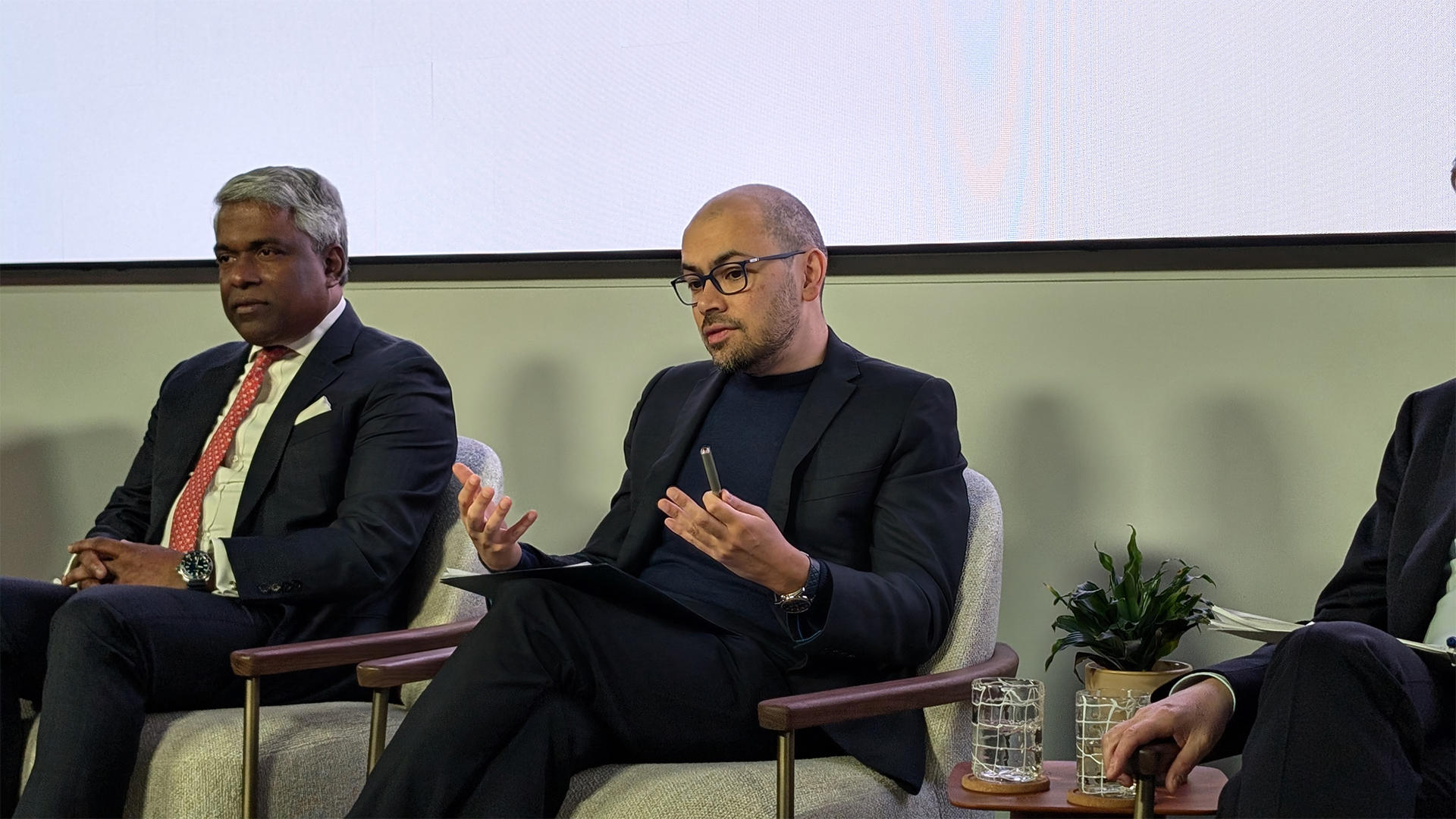 Google DeepMind’s Demis Hassabis says AI isn’t a ‘silver bullet’ – but within five to ten years its benefits will be undeniable
Google DeepMind’s Demis Hassabis says AI isn’t a ‘silver bullet’ – but within five to ten years its benefits will be undeniableNews Demis Hassabis, CEO at Google DeepMind and one of the UK’s most prominent voices on AI, says AI will bring exciting developments in the coming year.
By Rory Bathgate Published
-
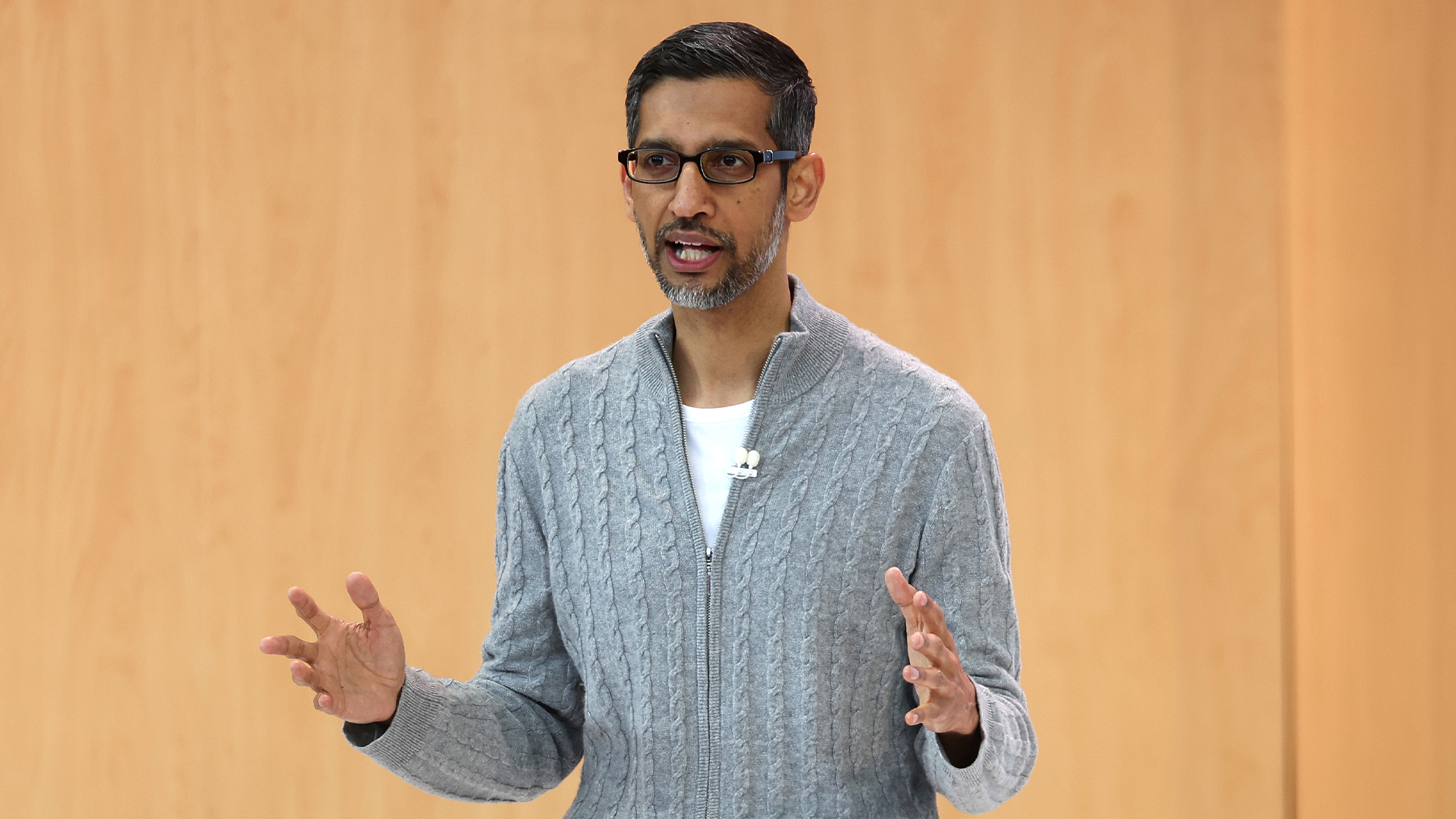 Google CEO Sundar Pichai says DeepSeek has done ‘good work’ showcasing AI model efficiency — and Gemini is going the same way too
Google CEO Sundar Pichai says DeepSeek has done ‘good work’ showcasing AI model efficiency — and Gemini is going the same way tooNews Google CEO Sundar Pichai hailed the DeepSeek model release as a step in the right direction for AI efficiency and accessibility.
By Nicole Kobie Published
-
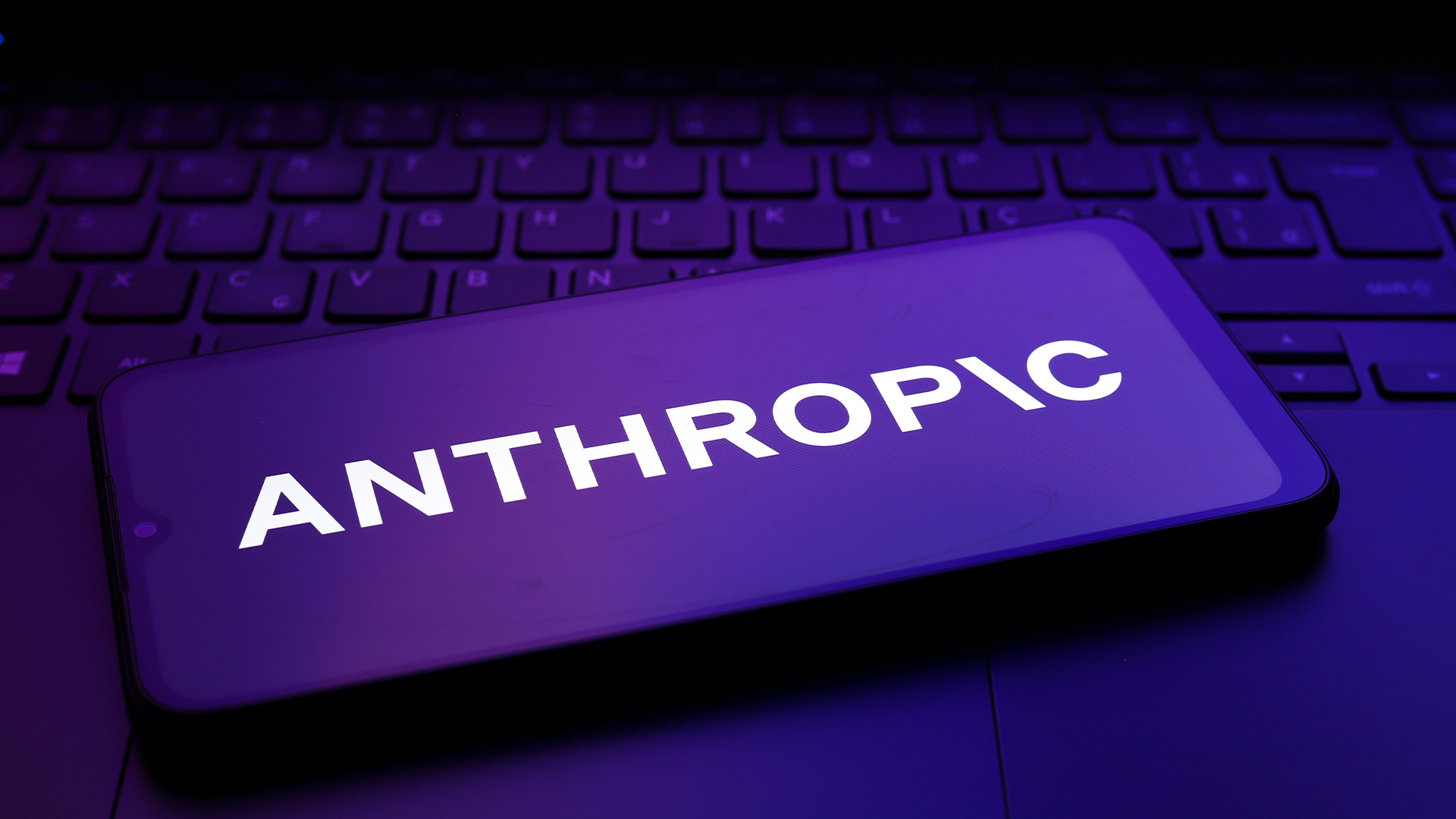 Google will invest a further $1 billion in AI startup Anthropic
Google will invest a further $1 billion in AI startup AnthropicNews This is the latest in a flurry of big tech investments for the AI startup
By George Fitzmaurice Published
-
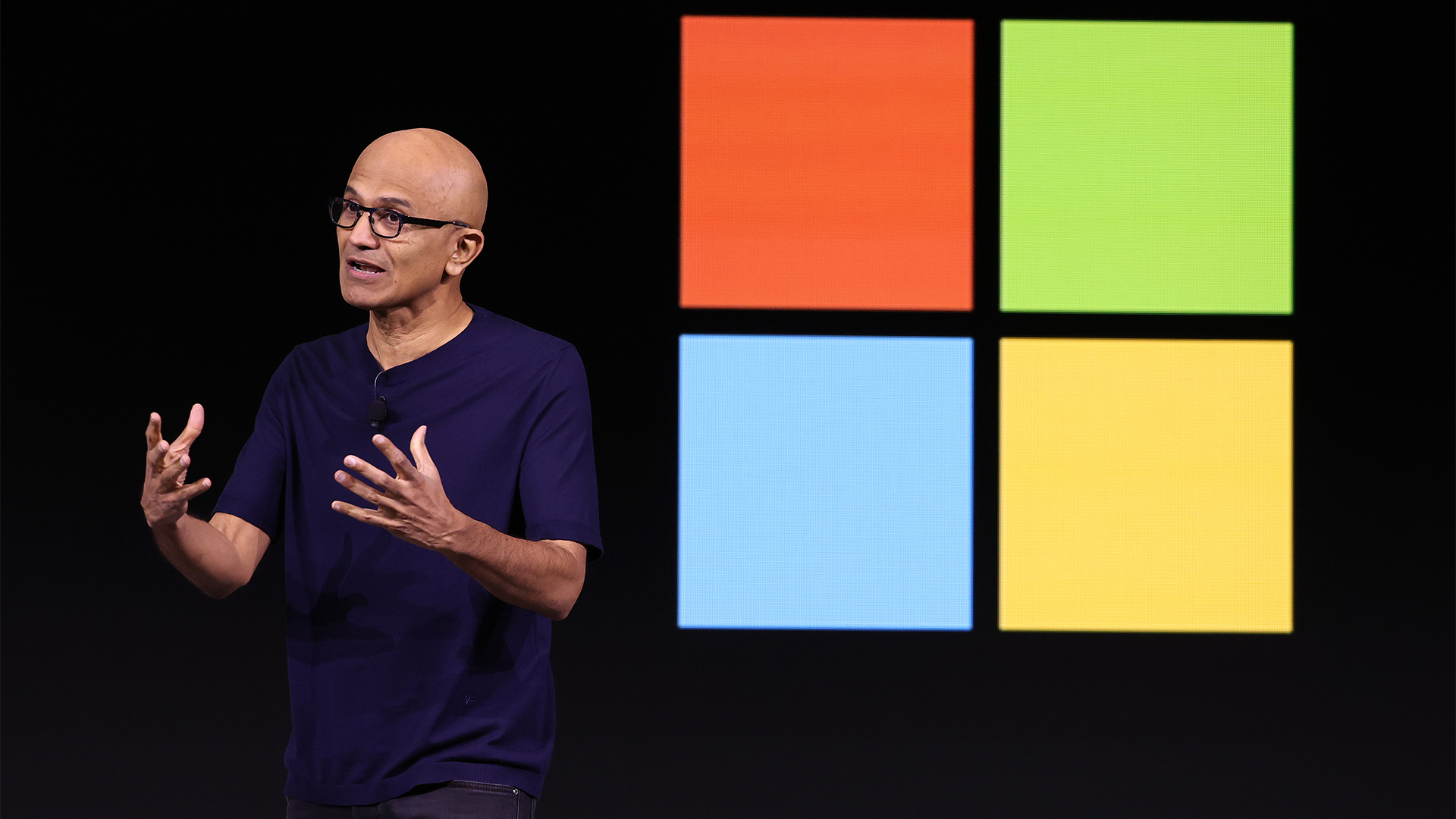 Microsoft sharpens agentic AI focus with new ‘CoreAI’ division
Microsoft sharpens agentic AI focus with new ‘CoreAI’ divisionThe new department will bring together teams from across engineering and AI
By George Fitzmaurice Published
-
 2024 was the year where AI finally started returning on investment
2024 was the year where AI finally started returning on investmentOpinion It's taken a while, but enterprises are finally beginning to see the benefits of AI
By Ross Kelly Last updated
-
 Has Google made a quantum breakthrough?
Has Google made a quantum breakthrough?ITPro Podcast The Willow chip is reported to run laps around even the fastest supercomputers – but the context for these benchmarks reveals only longer-term benefits
By Rory Bathgate Published
-
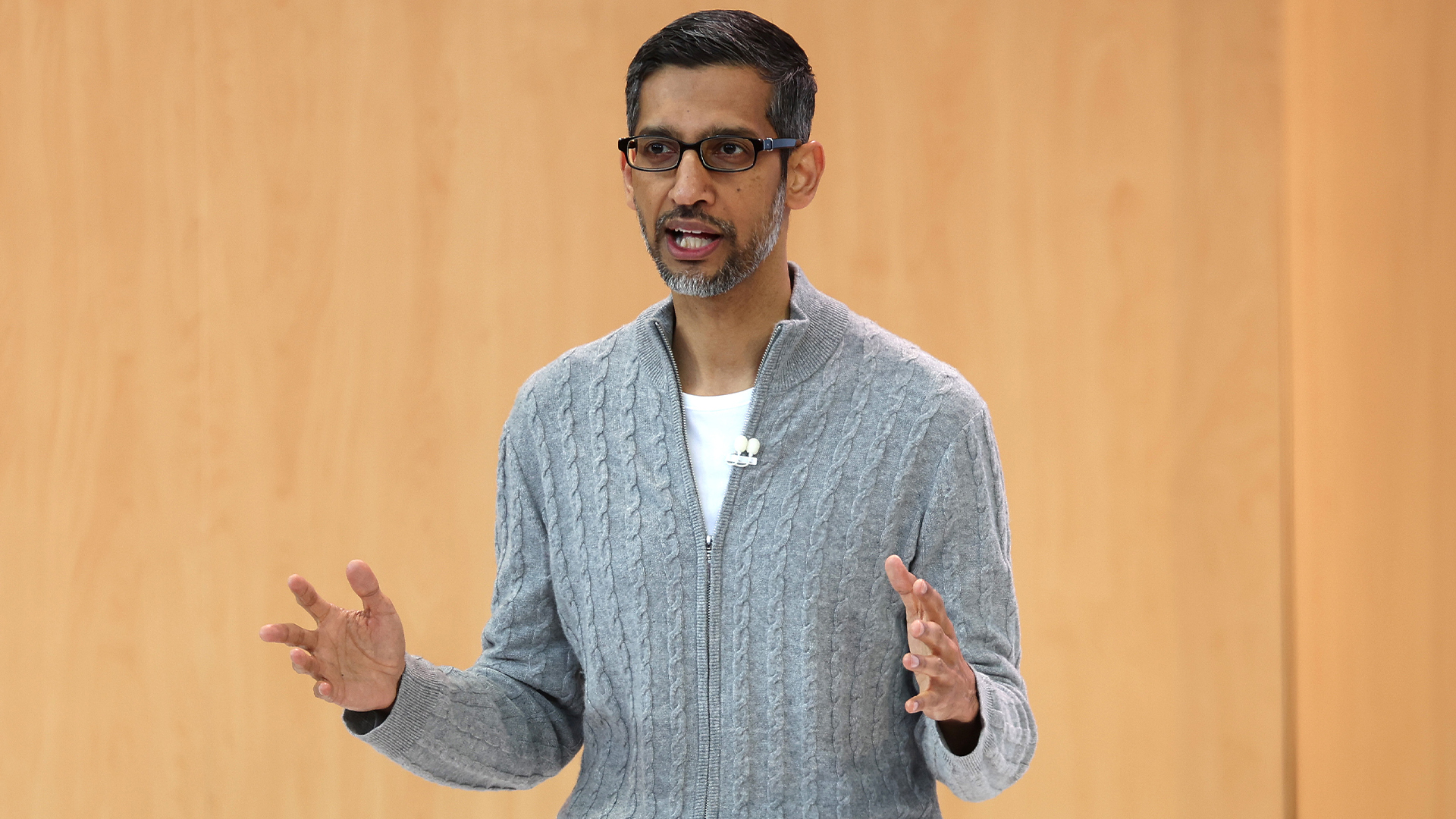 Google jumps on the agentic AI bandwagon
Google jumps on the agentic AI bandwagonNews Agentic AI is all the rage, and Google wants to get involved
By Nicole Kobie Published
